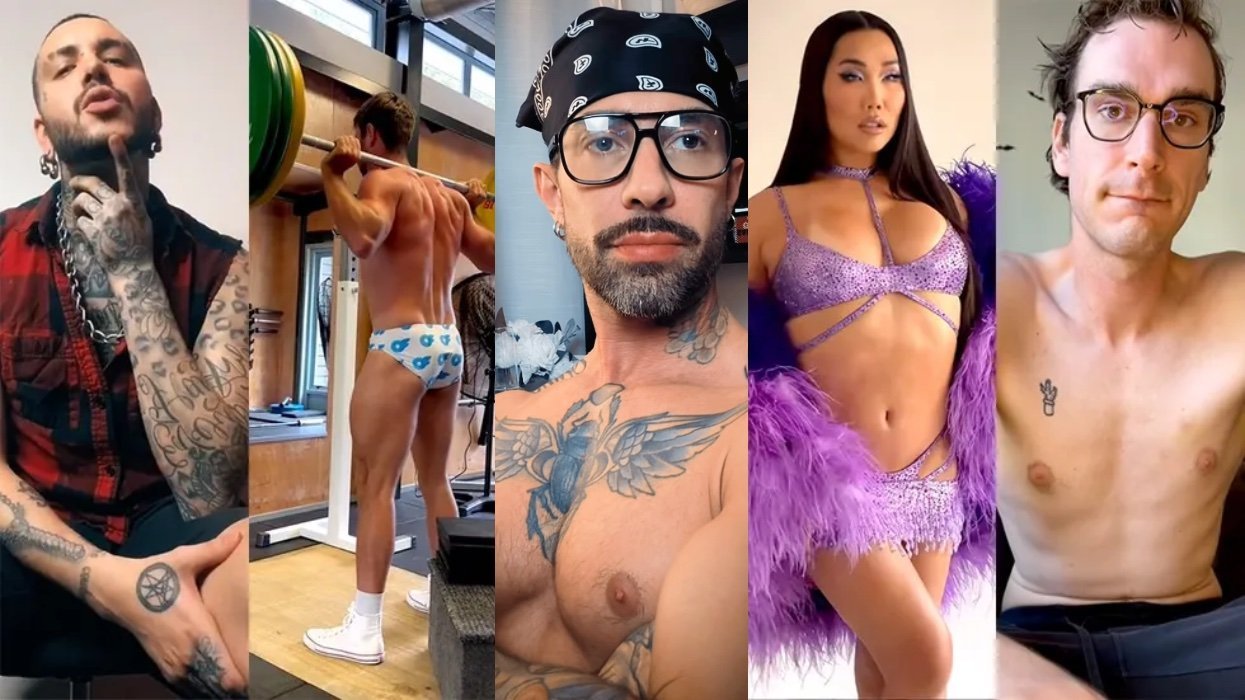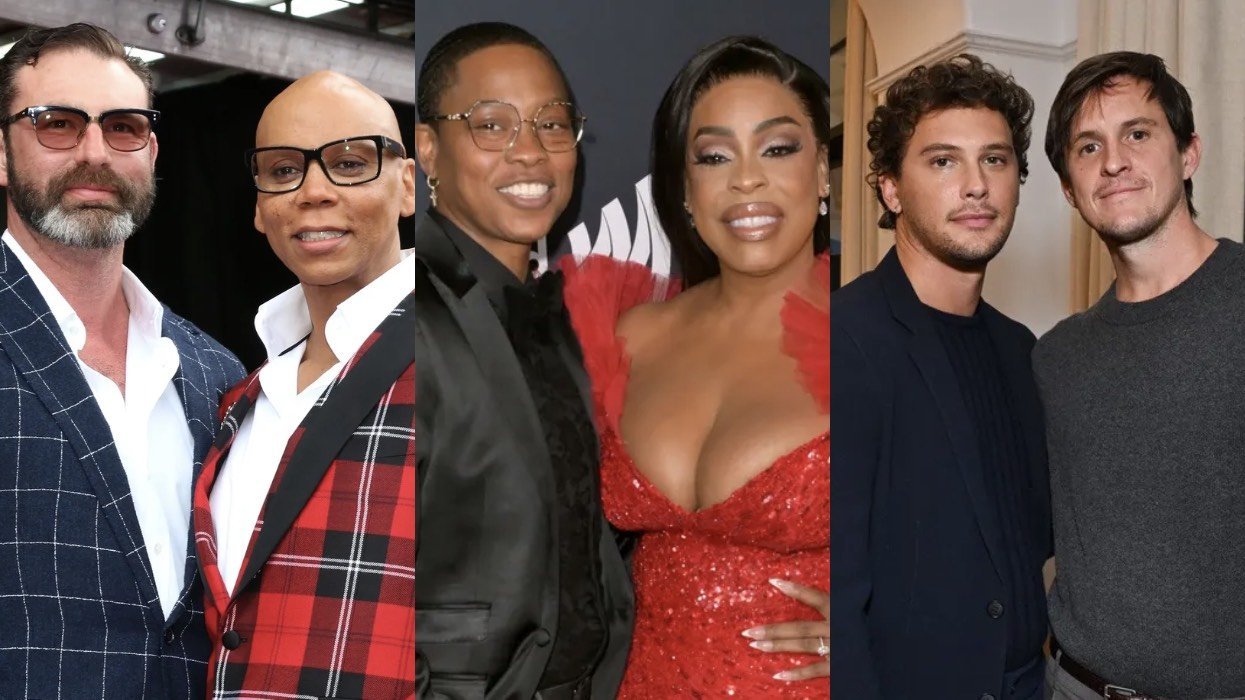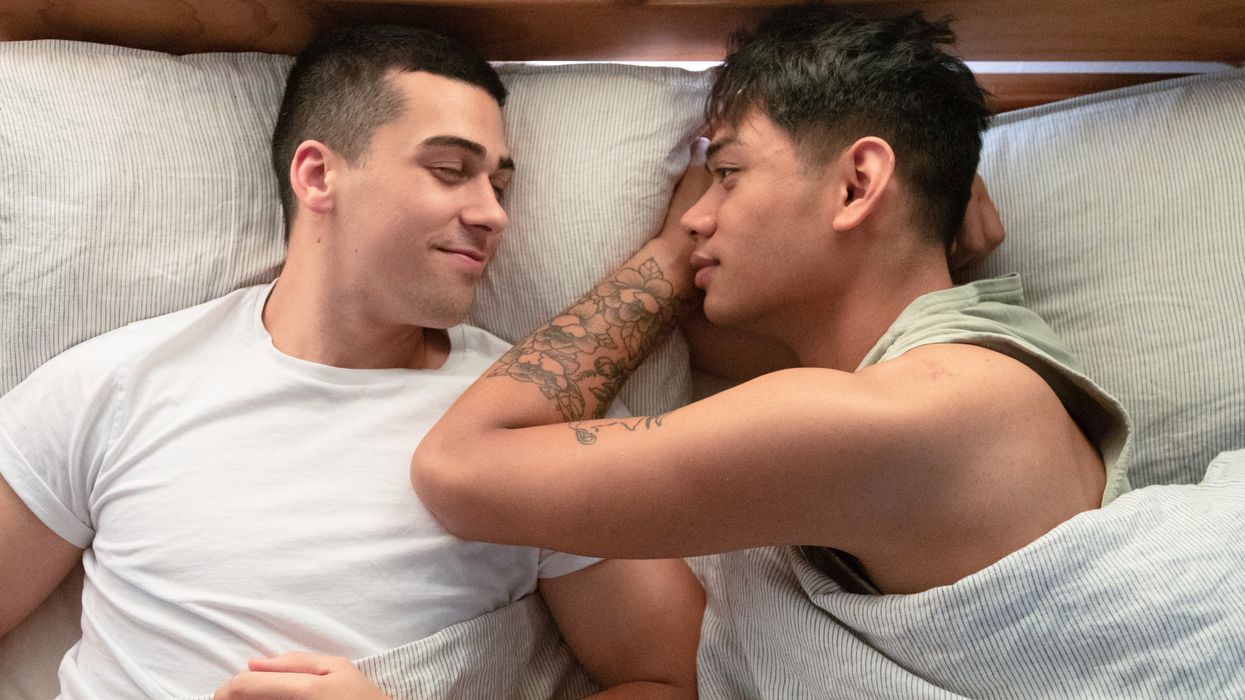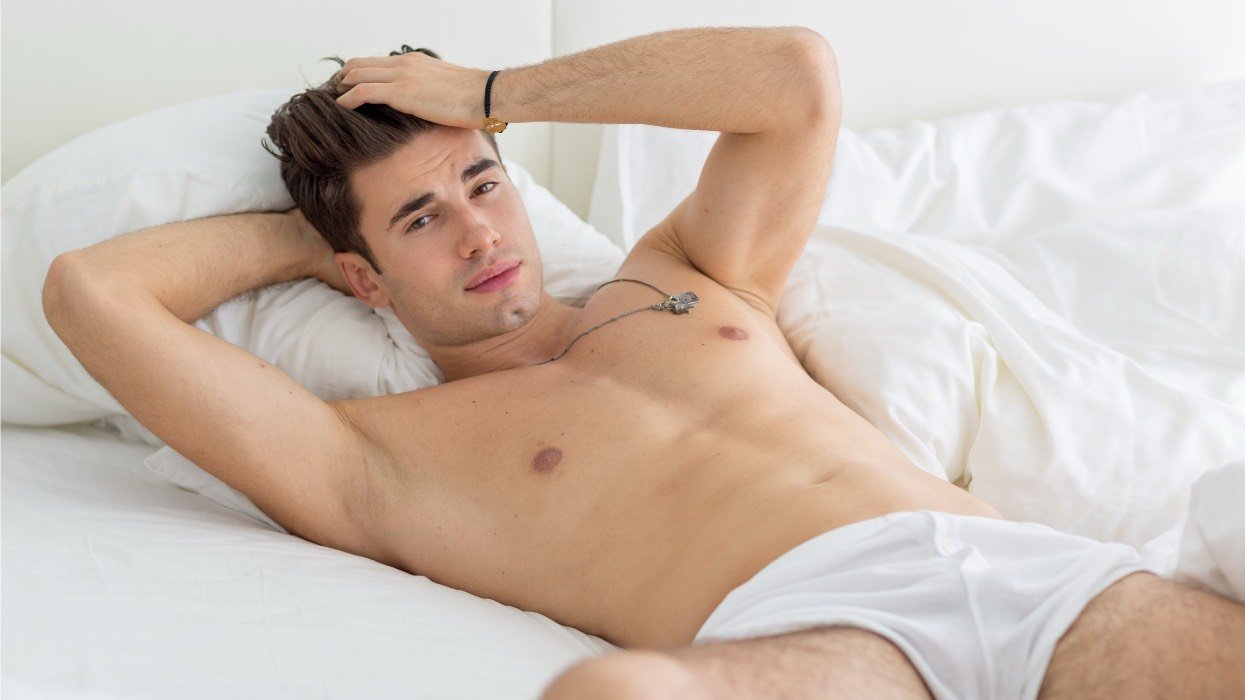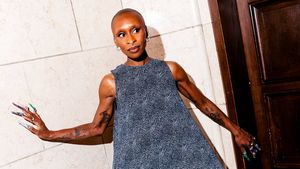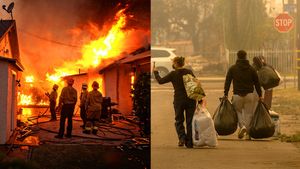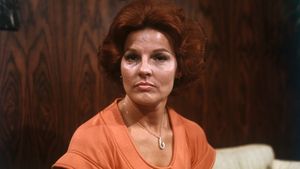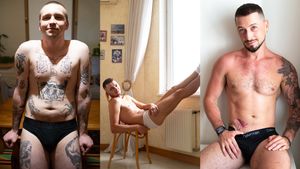Issues host and out TV anchor Jane Velez-Mitchell talks with SheWired about the upcoming human trafficking conference and the war on women:
The Northwest Coalition Against Trafficking (NWCAT) on Jan. 9 in Portland will host their annual conference to educate and protect women and girls from sex trafficking.
The conference — which also serves as a fundraiser to create a trafficking shelter in Portland — will feature breakout sessions, safety demonstrations, child finger printing and keynote speakers with first-hand experience in human trafficking.
Speaker Bill Hillar, a former Special Forces Colonel, lost his 17-year-old daughter when she was kidnapped in 1988 in Asia and forced into the sex industry. Hillar was unable to save his daughter; the recent movie Taken with Liam Neeson, is partially based on his story.
More on next page...
\\\
(continued)
Speaker Dallas Jessup, 17, a CNN Hero and expert martial artist, grew a community-service project to fight predators across 45 countries with her nonprofit Just Yell Fire. At 14 she produced a film to teach teen girls to protect themselves from abduction and sexual assault.
Jane Velez-Mitchell, host of Issues, at the conference will receive this year’s Ruby Award, which acknowledges women who work to improve the lives of women and girls.
Past Ruby recipients include Princess Diana, domestic violence advocate Elaine Weiss; former U.S. congresswomen Patsy Mink and Patricia Schroeder; former child actor and U.S. Ambassador Shirley Temple Black; and former Philippines President Corazon Aquino.
Velez-Mitchell will also serve as the conference’s keynote speaker, discussing violence against women in its many forms, much like she does on her show.
“We cover everything from homegrown sickos selling their children for sex, and there’s also international trafficking which is a massive problem; it’s a billion-dollar industry,” she says.
Velez-Mitchell believes women wear a psychological burka: We live in fear of being attacked and so must modify our behavior.
“This idea that women have to adjust their behavior to compensate for male violence is really something that we have to question,” she says. “When a women in her own home is viciously assaulted, you can’t say that curbing her behavior has anything to do with it.”
Women and society at large, says Velez-Mitchell, are conditioned to accept male violence as business as usual. “The first thing we have to do as a culture is say, ‘I’m not accepting that violence.’”
Women also need to start flexing their financial and political muscle and come together as a gender, she says.
“We as women in this post-feminist world are not uniting … and speaking with one voice,” she says. “If we turned the tables for one week and switch the genders and have women killing abducting raping and trafficking men, the way men are doing it to women, how long do you think men would put up with it? (Men) would be marching on Washington, holding congressional hearings, and all women would be locked up and put on Prozac.”
More on next page...
\\\
(continued)
Velez-Mitchell blames movies and television for perpetuating violence against women. “We’re creating a hunter-prey relationship between men and women,” she says. “We have to stop subsidizing the violence against us and companies that make that violence should be boycotted.”
To have our voices hear, Velez-Mitchell says women need to form a national organization. “We have the clout; we’re just not using it. We have to come together and consolidate that power so when something happens to women, there are repercussions,” she says. “Who is organizing protests outside these movies? No one.”
As for fighting human trafficking, Velez-Mitchell says it’s about women setting clear — and loud — priorities.
“We spend so much time on the war on drugs, which, of course, is a bogus war,” says Velez-Mitchell who has written about her own addiction in iWant: My Journey from Addiction and Overconsumption to a Simpler, Honest Life. “You can’t fight addiction with troops, but what about taking some of those resources and devoting them to trafficking?”
Again, it goes back to the constituents. “If American women aren’t exercising their clout as a gender and a voting block saying this is our priority then nothing is going to inspire the powers that be to suddenly make that a priority,” she says. “We really have so much power if we just realized it and put it together as a single voice when we need to.”
As for accepting the Ruby award, Velez-Mitchell says, “I’m always humbled when anybody wants to give me an award — I don’t do it for awards — I’m sure there’s somebody out there who’s more deserving and if they find that person give it to them!”
For more information on the conference, visit www.NWCAT.org.
Get more from Jamie here!
Follow SheWired on Twitter!
Follow SheWired on Facebook!












































